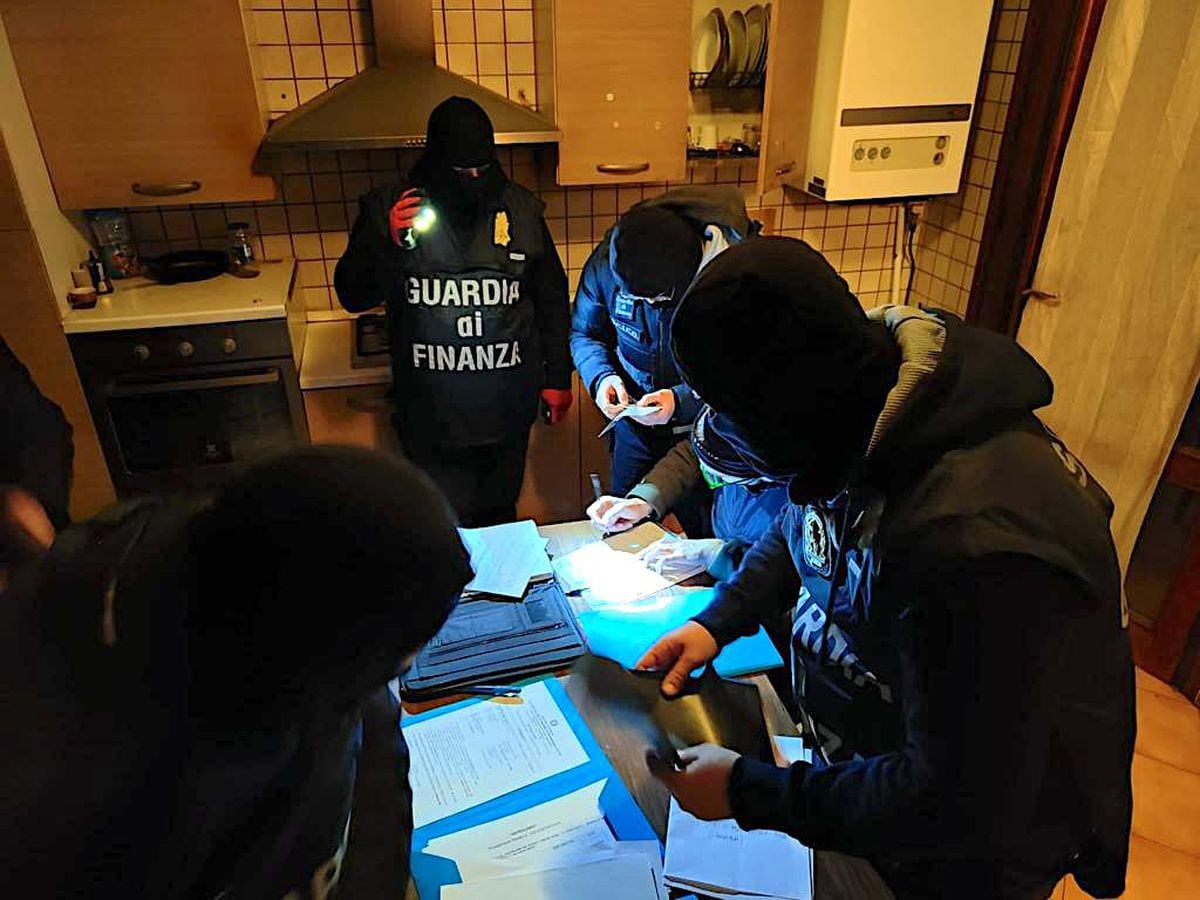The Italian police announced this Thursday an operation against fraud related to the collection of European funds and distribution schemes in the country, although the group operated in several community territories. The intervention has resulted in the arrest of 22 people and the seizure of assets, such as mansions and luxury watches, worth more than 600 million euros. Specifically, the network would have taken advantage of European pandemic recovery funds and the generous home improvement programs that Italy launched with that funding from the EU. The police indicate that these are small groups related to organized crime, but do not point to any relationship with national mafias.
In the operation, according to the police report, apartments and mansions, gold and cryptocurrencies, as well as watches, jewelry and cars from luxury brands such as Lamborghini, have been seized. These would have been obtained through fraud, which basically consisted of obtaining illegal tax credits for the rehabilitation of homes. Of the 22 detainees, 17 were in various places in Italy, two people have also been arrested in Austria and three in Slovakia. But the intervention is not considered closed, since some people allegedly involved in Romania are being searched.
Italy has always had serious problems in the management of European funds from Brussels. For years, many administrations have had to give up receiving large sums of money due to the fear – and implicit acceptance – that they would fall into the hands of organized crime. The macro operation announced this Thursday now fuels fears that the massive arrival of money and the aid programs launched by the Italian Government lack sufficient control to prevent fraud. Italy was the country that benefited the most, slightly ahead of Spain, in the distribution of European recovery funds. The transalpine country has already received, between direct aid and advantageous credits, some 102,000 million. And until 2026, the arrival of some 90,000 million more is expected.
Among the initiatives that the Executive headed by Giorgia Meloni, who won the 2022 elections with the far-right Brothers of Italy formation, proposed to eradicate, there was the so-called superbonus, which was implemented by the government of then Prime Minister Giuseppe Conte. It was a program that paid for renovations to improve the energy efficiency of homes with 110% of their cost. That is, more than what the owner had paid for those jobs. A measure that opened the door to all kinds of scams and created a large hole in the state’s coffers.
The tax police have indicated that the suspects, whom they have not identified, devised “sophisticated fraud systems” to present fictitious projects and thereby obtain aid money. To do this, they used some front companies that, once they obtained the tax credit, began a money laundering process in which they used cloud servers located in tax havens and crypto assets.
The European Public Prosecutor’s Office (EPPO) participated in the operation, which is responsible for investigating and prosecuting crimes against the financial interests of the Union. In its latest report, published last February, the EPPO indicated that in 2023 it had 1,927 investigations underway, which together totaled 19.2 billion euros in alleged fraud.
